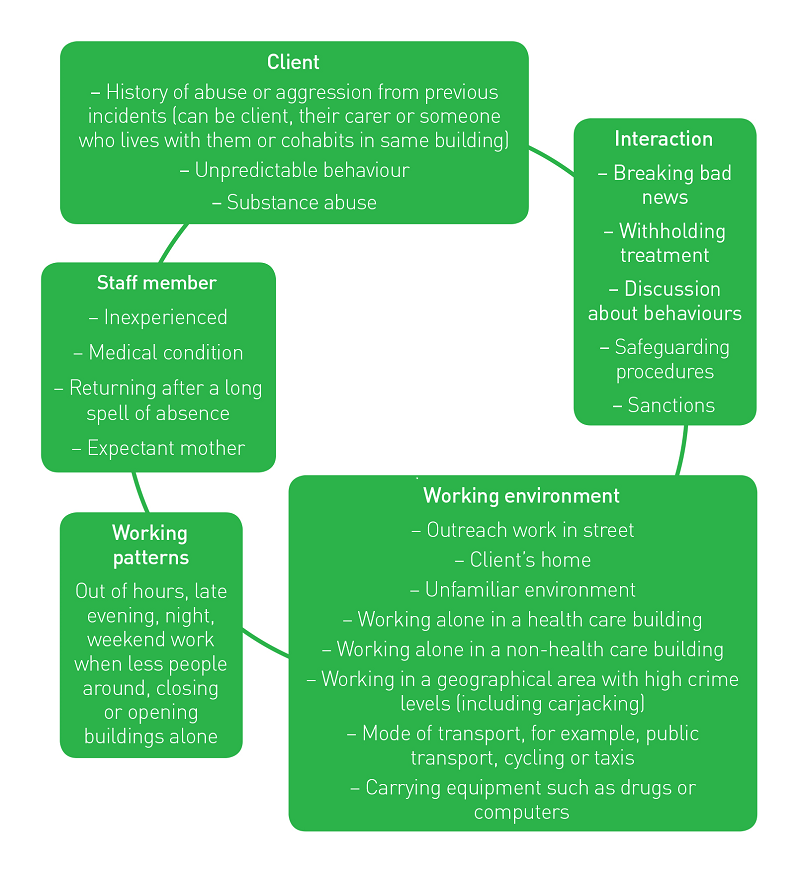Working from home can present various issues you might not have encountered before. These will require adjustments to the way you normally work. You might have difficulties setting up a workspace, accessing your organisation’s online systems and managing your time.
Your employer should give you advice and support on working at home, including how to assess your workstation to make sure any risks, like eye and hand strain or backache, are minimised.
The Health and Safety Executive (HSE) check list (PDF) on display screen equipment may help you set up your workspace.
This short Health and Safety Executive video explains how to set up a workstation at home. There is no sound on this video.
If you need to use teleconference or video technology as part of your work because face to face meetings are no longer possible, your employer will advise you on the safest and most secure way to do this.
The SSSC has a short Working from home guide (PDF) to support you with practical tips.
Healthy Working Lives from Public Health Scotland contains information on the health risks of working at home.
ACAS (the Advisory, Conciliation and Arbitration Service) has helpful guidance for employers and employees
